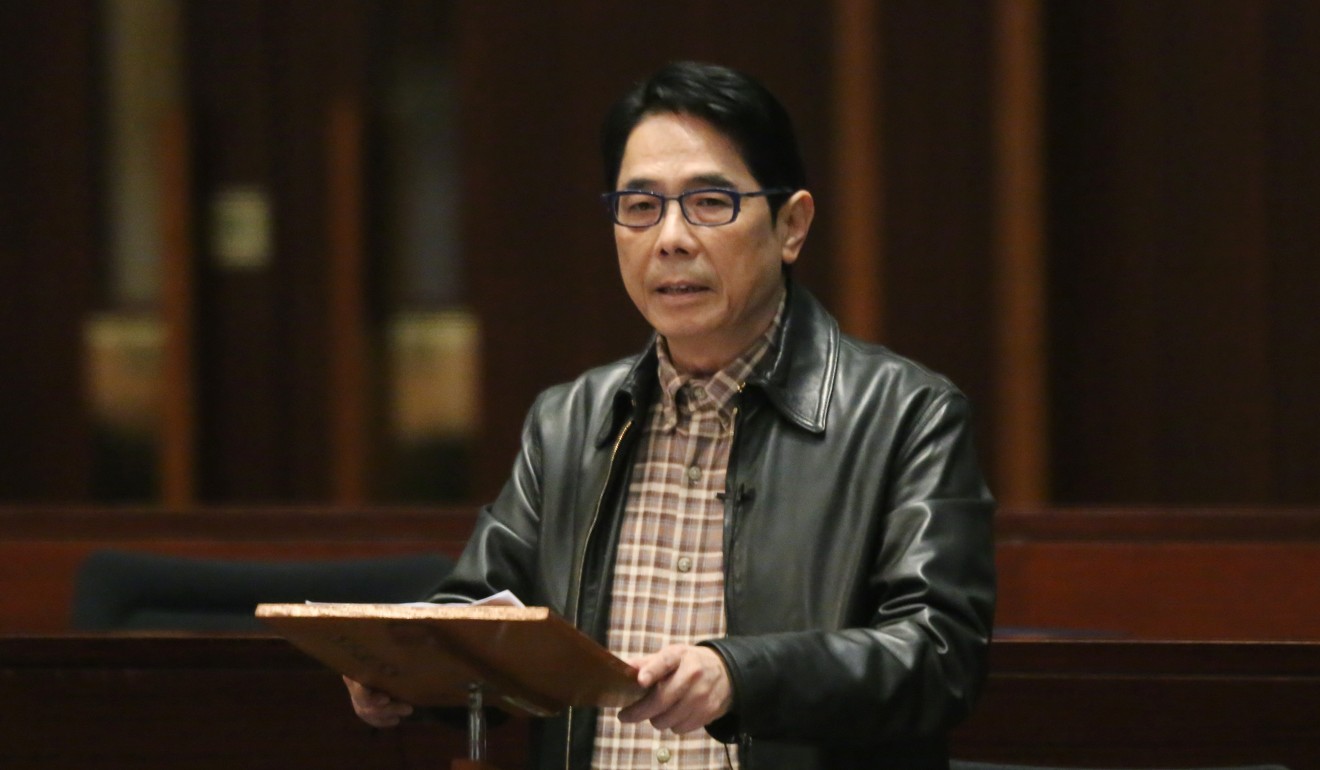
‘Complicated and costly’ cash handout scheme criticised by Hong Kong lawmakers
Some have said the scheme, that will see 2.8 million Hongkongers receive cash handouts, undermines the new fiscal philosophy
Hong Kong lawmakers from across the political spectrum have criticised the government for coming up with a “complicated and costly” scheme to give over one-third of Hongkongers, or 2.8 million people, a cash handout of up to HK$4,000 (US$510) each.
More than 1.5 million Hongkongers to get cash handout of HK$4,000 each as government bows to intense political pressure
The money would be given to Hong Kong residents aged 18 years or above, as of December 31 this year, who do not own property, do not receive any government allowances, and need not pay income tax for the financial year ending March 31 this year.
The handout does not embody any new fiscal philosophy but is a one-off measure to cope with the mounting pressure from the political parties
Those who meet the first two criteria but still pay income tax and are eligible for the tax breaks announced in the February 28 budget, meanwhile, could claim the difference between HK$4,000 and the concessionary amount.
Speaking on a radio programme on Saturday, Lo Wai-kwok, chairman of the pro-government Business and Professionals Alliance, said: “The government needs to explain more clearly whether it is relying on the residents to apply for the handout, or take the initiative to contact the eligible residents.”
Democratic Party chairman Wu Chi-wai called on authorities to think of ways to make the best use of official databases to minimise the administrative costs.
“The direction was correct,” he said. “But people were saying that the scheme was too complicated … Different departments have very clear databases [of residents’ personal information], the government needs to make good use of information technology and get the departments to help with the scheme.”
Pro-establishment lawmaker Wong Kwok-kin, of the Federation of Trade Unions, said the group had been receiving a lot of phone calls from residents who would like to know whether they are eligible.
“A lot of residents are very concerned whether they can benefit, how much would they get … as well as when and how they are getting it,” he said.

But Wong added that it could be unfeasible under privacy laws for different departments to share residents’ personal information with each other.
Ng Wai-tung, of the non-profit Society for Community Organisation, said: “The handout does not embody any new fiscal philosophy but is a one-off measure to cope with the mounting pressure from the political parties.”
Ng said the new scheme might benefit housewives, low-income employees and N-nothing people – those who earn too much to qualify for subsidised housing or welfare assistance but not enough to buy their own homes or benefit from tax breaks.
Paul Chan’s cash handout plan praised for ‘bravery’ but he still fails to win some hearts
“If the government is devoted to using the fiscal surpluses wisely, why don’t they come up with some long-term policies to support these people?” Ng asked.
Andy Kwan Cheuk-chiu, director of the ACE Centre for Business and Economic Research, said: “It seems that the new fiscal philosophy has got into trouble because the government is showing the public that it may compromise its financial discipline to resolve a political problem when it is under pressure.”
Kwan suggested that the surpluses be used to encourage labour participation by people in their early 60s and women, and to narrow social-economic inequality by extending more help to grass-roots students, who were given HK$2,000 in the 2018/19 budget.
“A helicopter drop of cash is not a quick solution to poverty,” Kwan said. “The government should reform the whole system to free more of the labour force and create better social mobility for young people.”


